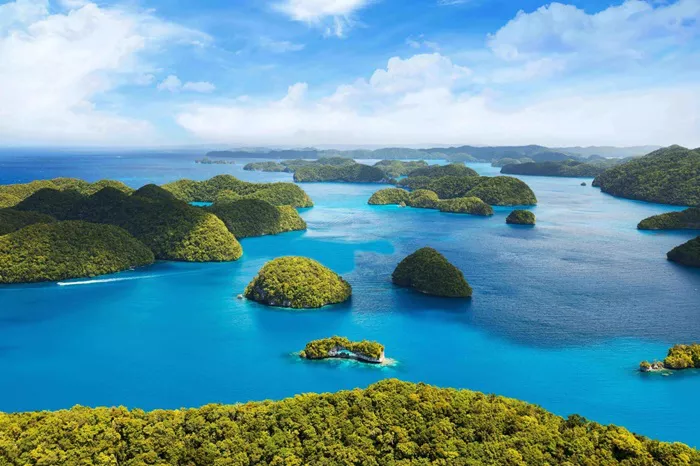The ninth edition of the Pacific Tourism Exchange, organized by the Pacific Tourism Organisation (SPTO), marked a pivotal moment for tourism in the South Pacific, highlighting a renewed commitment to sustainable tourism, climate resilience, and cultural connection. The event underscored the region’s growing push to reshape the tourism narrative, emphasizing quality over quantity and the importance of sustainable practices in the face of climate disruption.
For Australian travel advisors, the key takeaway was clear: promoting travel to the South Pacific in 2025 and beyond requires a shift in approach. The focus will no longer be on increasing the number of tourists but on attracting those who contribute positively to the region—high-value, low-impact travelers. This new mindset champions tourists who are not only conscious of their environmental footprint but also engaged with local cultures, staying longer, spending wisely, and leaving a positive impact on the communities they visit.
During the event, SPTO CEO Christopher Cocker delivered an impactful message, urging for a change in tourism goals. “We are not chasing numbers. We’re building a region that invites high-value, low-impact travelers—those who walk gently, stay longer, spend wisely, and leave our islands better than they found them,” he said, emphasizing the need for quality tourism that benefits local communities while preserving the environment.
The Exchange was not just about discussing hotel rates and occupancy rates; it was a platform for island nations like Tuvalu and Tonga to share the urgent need for evolution in tourism—one that aligns with climate resilience goals. Sessions in partnership with the Secretariat of the Pacific Regional Environment Programme (SPREP) and other regional bodies focused on essential issues such as marine conservation and waste reduction within hospitality operations. These topics sparked valuable discussions on how the tourism industry must adapt to meet sustainability targets, reduce environmental impacts, and enhance the livelihoods of local communities.
The event highlighted the Pacific’s resolve to foster tourism that is both economically and environmentally sustainable, urging global travelers and industry leaders to redefine the future of tourism by prioritizing long-term benefits for both the environment and the people of the region.

